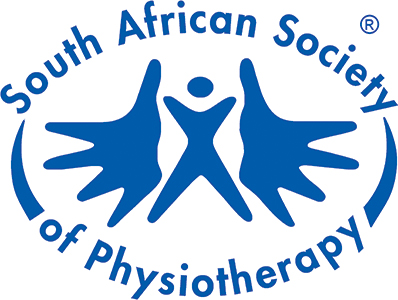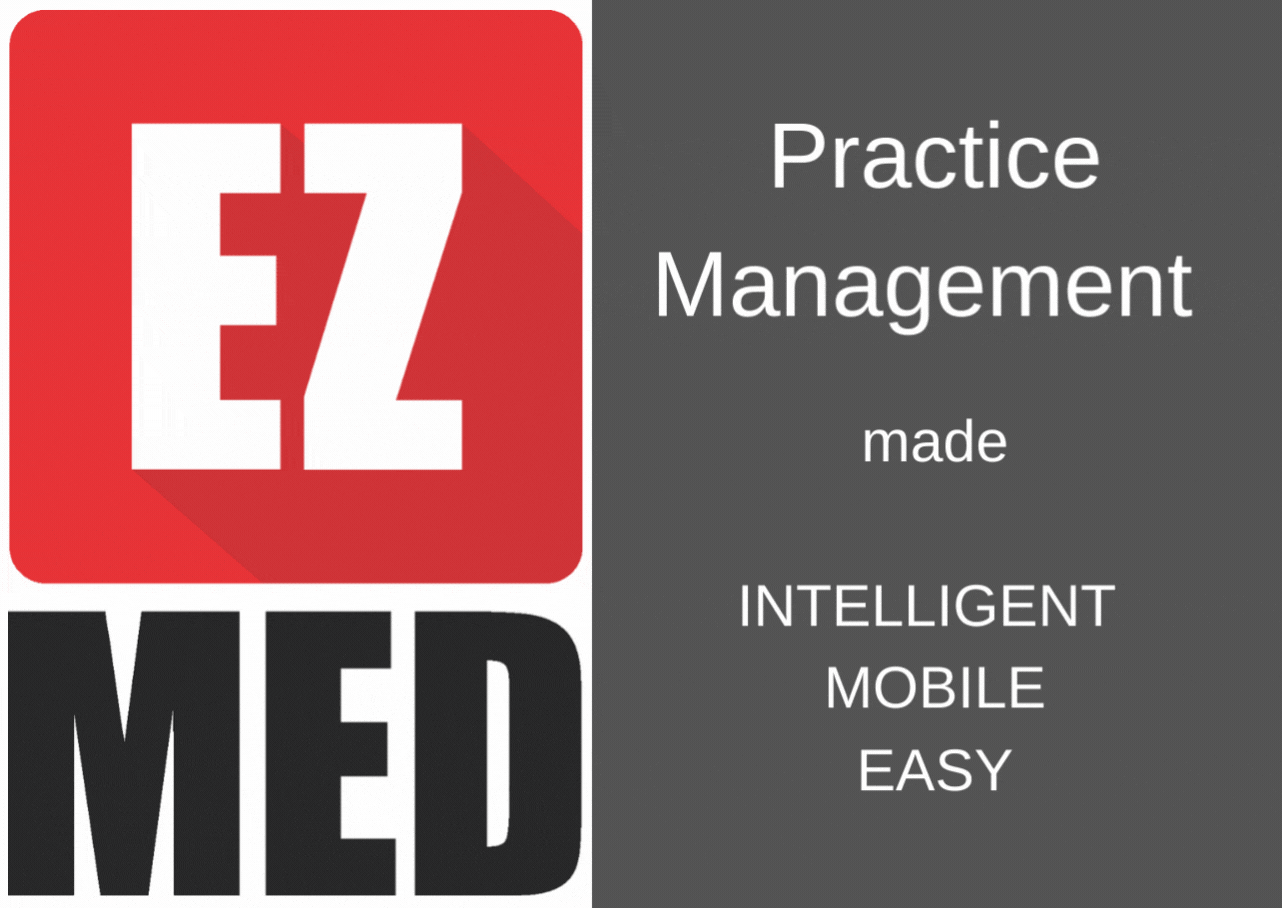Your neck is what holds your head up. It allows you to look from left to right, up and down. So if you are injured in a car accident and your neck is sore and stiff, no worries, you’ll soon be right. Right?
Wrong – if you’re one of the unlucky two-thirds (64%!) of whiplash injury patients whose symptoms are as troubling seven and a half years after their accident as they were at three months. Or if you’re one of the really unfortunate ones (19%) whose symptoms get worse in that time. If you have pain and difficulty moving freely three months after your accident, you are at real risk of feeling like that – or worse – for years.
That’s why you should never leave a neck injury unassessed in the hopes that it will ‘just go away’. “Therapeutically, the greatest potential for influencing the natural history of whiplash is within three months before symptoms become established,” say PJ Tomlinson, MF Gargan and GC Bannister in their article, The fluctuation in recovery following whiplash injury: 7.5-year prospective review (Injury Volume 36, Issue 6, June 2005).
Another incentive to get early assessment and treatment if necessary is provided by Dr Julia Treleaven, an Australian physiotherapist who gave a presentation at the South African Society of Physiotherapy’s biennial Congress in Bloemfontein in March 2012.
It seems that your neck does a lot more than just hold your head up: the cervical spine (the spine in the neck) feeds information into an immensely complex system which includes your eyes and your ears, and enables your body to orientate itself and function effectively. Your neck helps you know where you are in space.
Eye-hand co-ordination relies on this input from nerves called cervical afferents; so does your control over the movement of your eyes (for example, if you have neck pain, you may find that the eyes can’t adjust fast enough when you turn your head rapidly – which is bad enough at work and home, but also adds up to increased risk of accidents while driving). Your balance is often affected – people with neck pain symptoms may bump into doorways, be a bit unsteady on their feet or actually fall. And your use of your arms may be affected, making you less accurate in reaching for objects.
Pain and poor function – who needs that? How can you avoid it?
Physiotherapists are the healthcare practitioners who focus on returning bodies to full function – the theme of this year’s National Physiotherapy BackWeek, from 10-16 September, is More than just back care ... from prevention to function.
If you have any injury that affects your neck – whiplash in an accident, a fall from a horse, an occupational injury – get it assessed by a physiotherapist immediately afterwards, even if you’re not in real pain. (The pain from an injury may only appear a few days later as damaged tissue becomes inflamed.) You don’t need a referral to see a physiotherapist as they are what’s known as ‘first-line’ practitioners. With four years of university training and life-long professional development they are experts at understanding musculoskeletal problems.
To find a physiotherapist near you, call the South African Society of Physiotherapy on (011) 615-3170 or “Find a physio” our website: www.physiosa.org.za.
Issued by The South African Society of Physiotherapy
(011) 615-3170
www.physiosa.org.za







